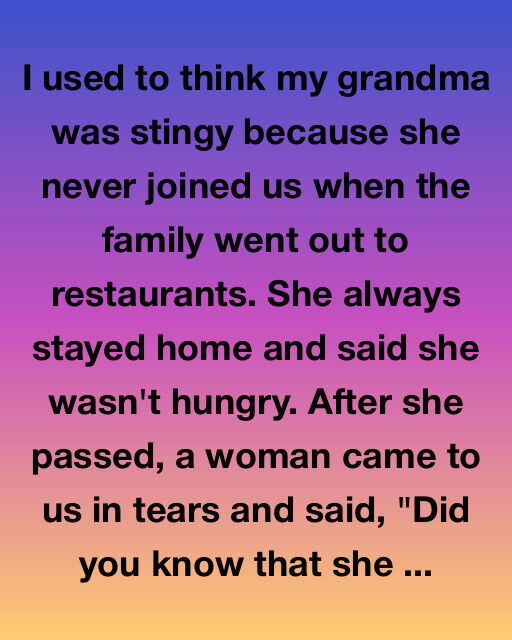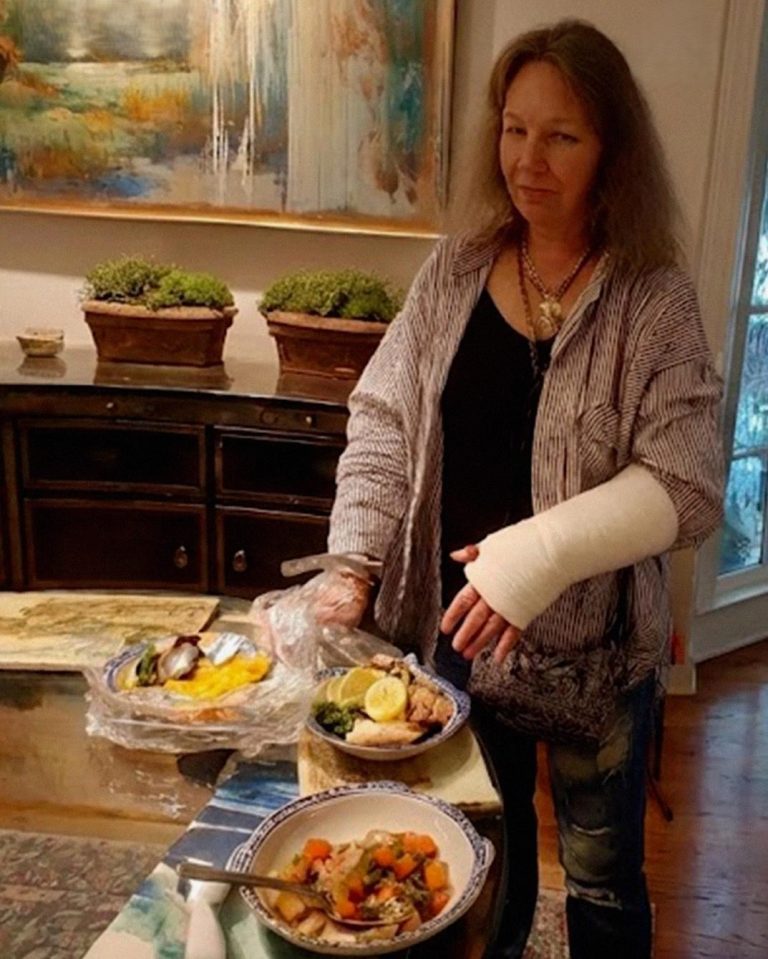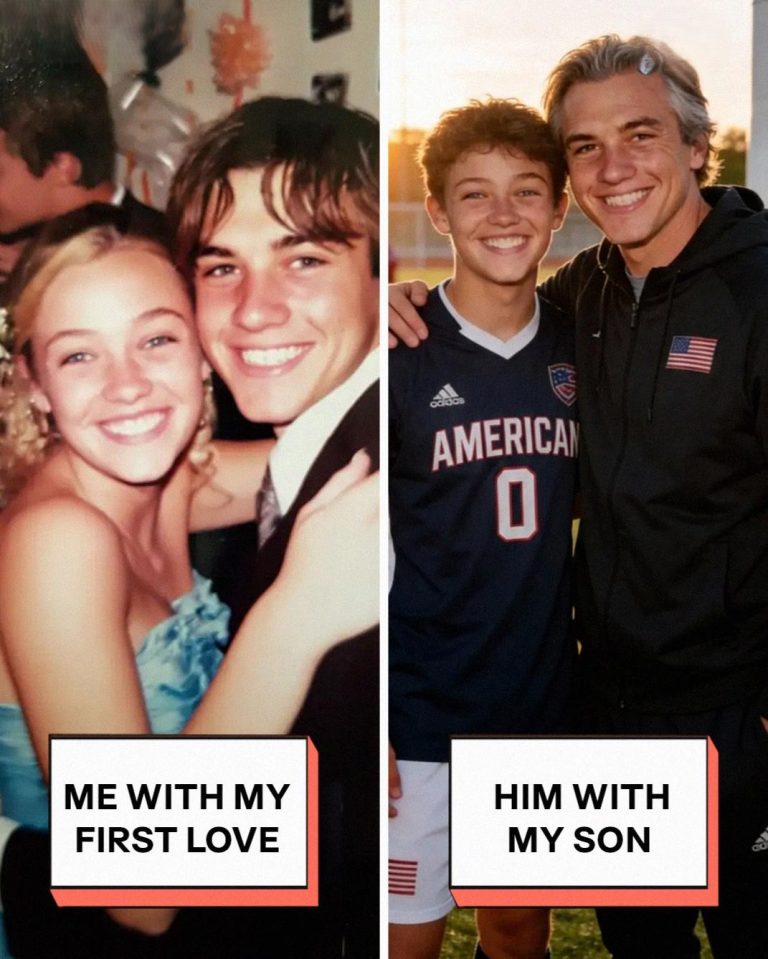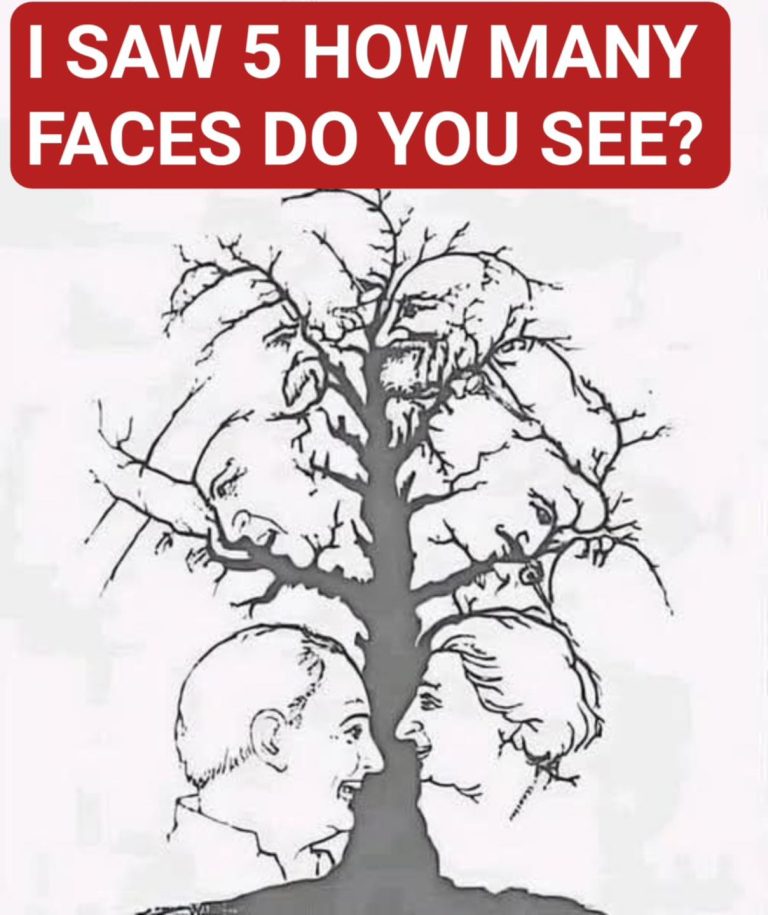
I used to think my grandma was stingy.
Whenever our family went out to restaurants, she never joined us.
She always stayed home, smiling softly and saying, “Oh, I’m not hungry. You all go and enjoy yourselves.”
At the time, I didn’t question it. I just thought she didn’t like spending money — or maybe she just didn’t like restaurant food.
But after she passed away, I learned something that shattered my heart.
The day after her funeral, a woman came to our door. She looked to be in her forties, her face red from crying.
When my mother opened the door, the woman could barely speak. “I just wanted to tell you,” she whispered, “how much your mother meant to me.”
We were puzzled. None of us recognized her.
She took a deep breath and said, “Did you know… every Sunday, when your family went out to eat, your mother brought food to me and my kids?”
My mother froze. “I… I don’t understand.”
The woman nodded, tears rolling down her cheeks. “We used to live two streets away. I was a single mom with three kids. We had nothing. And every week, like clockwork, your mom would come by with warm food — sometimes homemade, sometimes from restaurants. She always said, ‘There’s more than enough.’”
I remember standing there, completely speechless.
All those years, I thought Grandma stayed home because she was being cheap — but in reality, she was giving away her share so others wouldn’t go hungry.
She never told anyone. Not even Mom.
It hit me then — how quietly, how humbly she’d loved people. Not with grand gestures, but with small, consistent acts of kindness.
After the woman left, we sat in silence. My mother was trembling as she held a small, worn photo the woman had given her — a picture of her and her children at Christmas, smiling with boxes of food and gifts that Grandma had brought.
That night, I couldn’t sleep. I walked into Grandma’s old room, just to feel close to her. Her housecoat still hung on the back of the door. Her perfume lingered faintly in the air — that mix of lavender and soap that always felt like safety.
On her dresser, I noticed a small wooden box I’d never seen before. Inside, there were folded notes, each one written in her careful handwriting.
Each note was a message of encouragement.
“You’re doing great. Don’t give up.”
“Every storm runs out of rain.”
“Remember, kindness costs nothing.”
And beneath them — a small envelope labeled ‘Rainy Day Fund.’
Inside was $87 and a grocery receipt from months ago.
At the bottom of the envelope, she had written:
“For the next person who needs it more than me.”
I sat on her bed and cried.
I cried for every time I’d rolled my eyes when she’d declined to go out. I cried for every dinner where I’d thought she was being difficult.
I cried because I realized how little I’d understood her.
And how big her heart truly was.
In the weeks that followed, we found more stories.
The local grocer told us she always overpaid by a few dollars — “for the next customer who’s short.”
The mailman said she always left him cookies at Christmas, even though she had little herself.
The church pastor said she donated anonymously to help repair the roof.
It seemed everyone in town had a story about her kindness.
Everyone except us — because she never wanted credit.
Months later, while cleaning her garden, I found a small metal tin buried beneath the lilac bush she loved. Inside were more letters, neatly tied with ribbon.
They weren’t for others — they were for us.
One was addressed to me.
“My sweet child,
If you’re reading this, it means my time here is done. Don’t be sad for too long. I’ve had a beautiful life.
I know you sometimes thought I was odd for staying home when you all went out. But you see, I already had everything I needed. My joy was in making sure others had something too.
Never measure love by what people show you in public. The truest love often happens in secret.
Be kind — even when no one is watching. Especially then.
Love,
Grandma.”
That letter changed me.
I started volunteering at the same shelter she’d helped for years. I met people she had fed, clothed, and comforted — all without recognition.
One elderly man told me, “Your grandma used to bring soup when I was living on the street. She never asked for anything. She just smiled and said, ‘Eat while it’s warm.’”
Another woman said, “When I was pregnant and scared, she gave me baby clothes. She said they were from someone who understood.”
It’s been years now since she passed, but her lessons still echo in everything I do.
I understand now — generosity doesn’t always look like grand donations or social media posts. Sometimes it’s as simple as sharing a meal, a kind word, or a quiet act of love.
Whenever I go out to eat with my family now, I make sure to buy an extra meal. I hand it to someone who looks like they need it.
And every time I do, I hear her voice in my heart, soft and steady:
“There’s more than enough.”
A few months ago, my niece — who’s only eight — asked, “Why do you always give food to strangers?”
I smiled. “Because Grandma used to.”
She thought for a moment, then said, “Can I help next time?”
I nodded. “That’s exactly what Grandma would’ve wanted.”
And as we drove off with two extra meals in the backseat, I felt something warm in my chest.
Like she was still there — smiling quietly, watching us carry her kindness forward.
Moral:
Never mistake silence for selfishness, or frugality for coldness. Some people give so much that they forget to take for themselves.
And sometimes, the kindest hearts love the loudest — without saying a single word.



